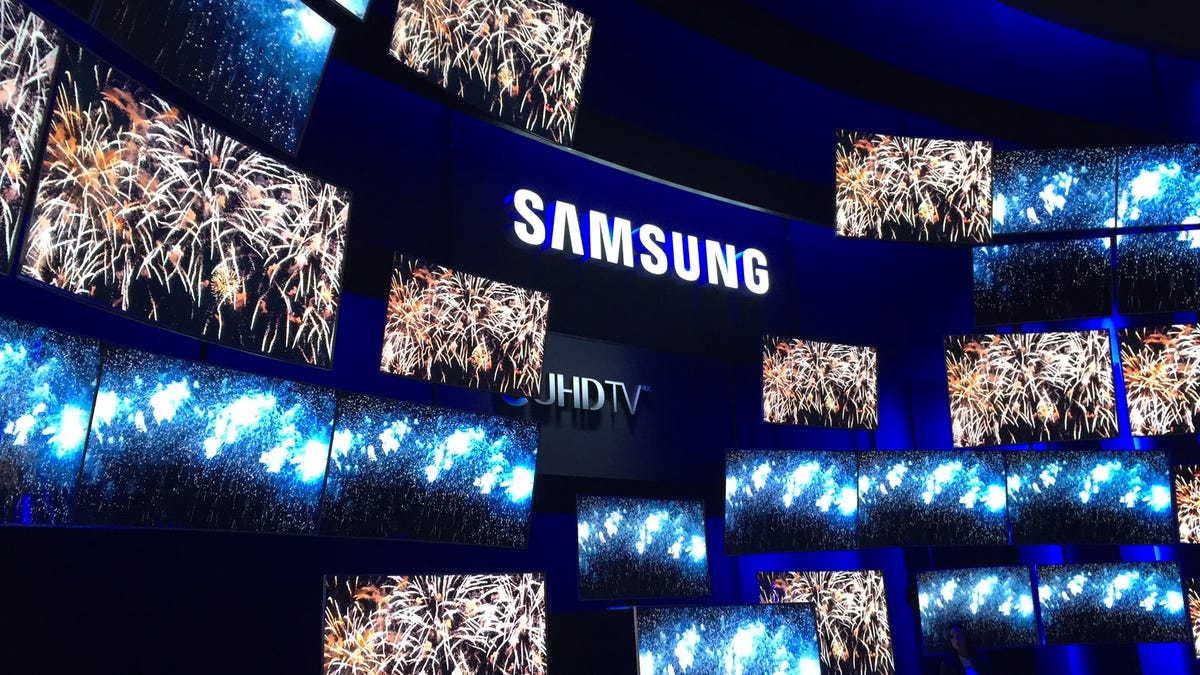Samsung says it has a new way to monitor glucose levels without pricking a finger
Samsung's new method isn't lined up for a product, yet.

Samsung Electronics latest announcement isn't a new TV or phone, but it can potentially change a lot of lives.
Samsung's researchers work on a lot more than just developing new phones and TVs . In an announcement Wednesday, the company revealed that it's recently developed a way to monitor blood glucose levels without requiring people to prick their fingers to draw blood.
Using a technique known as "Raman spectroscopy" the team, which included researchers at Samsung's Advanced Institute of Technology (SAIT), Samsung Electronics as well as Massachusetts Institute of Technology, created a system that "utilizes lasers for chemical composition identification."
Adjusting this system enabled "the direct observation of glucose Raman peaks," with Samsung adding that the group "demonstrated one of the highest prediction accuracies among non-invasive technologies."
The National Institute of Diabetes and Digestive and Kidney Diseases estimated in 2017 that 30.3 million people in the United States had a form of diabetes, with 23.1 million having been diagnosed. Those with diabetes need to monitor their blood glucose levels to ensure that their blood sugar isn't too high or too low.
"Non-invasive blood glucose monitoring has been a topic of great discussion for decades, and I believe that our findings will help guide the direction of future studies for non-invasive glucose sensing," said Dr. Sung Hyun Nam, a researcher at SAIT's Mobile Healthcare Lab.
"We will continue to solve challenging problems with the belief that this will lead to the commercialization of non-invasive blood glucose sensors, and ultimately help make life easier for people with diabetes."
Samsung is not the only one working on non-invasive glucose monitoring, but whereas other companies such as GlucoWise have announced products that they are developing with the tech, Samsung's announcement makes no reference to any near term plans to bring this technology to market.
One spot, however, could be wearables which have seen an increasing number of sensors appear in recent years. The Apple Watch has an electrocardiogram built into its Series 4 and 5 models, while Fitbit recently turned on a blood-oxygen monitoring feature for a host of its watches and trackers.

